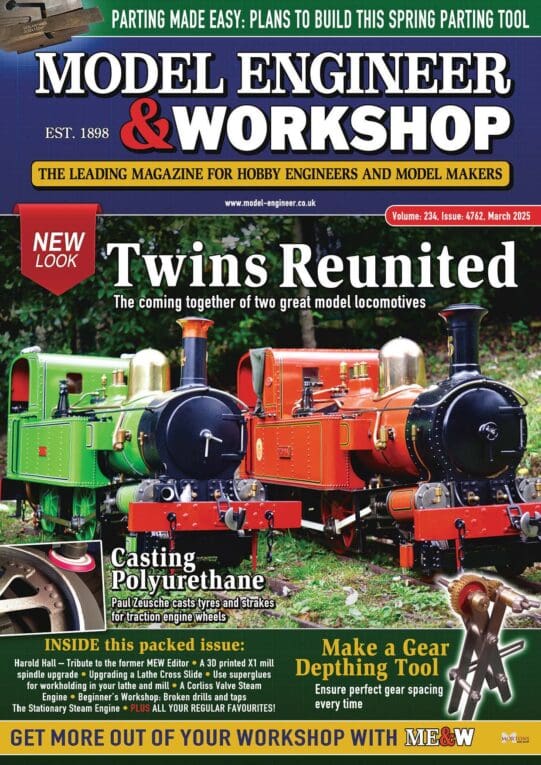Thanks for the word from the street, Peter. I'll run this past my Canadian cousin too next time I speak to her.
A valuable anecdote, Duncan, and one borne out by section 4a of the entry for "shop" in the OED:
"4.a. A building or room equipped and used for a particular craft or manufacturing trade; a workshop (frequently as opposed to an office). In later use also (spec.): a room or department in a factory where a particular stage of production is carried out (frequently with distinguishing word)."
Slightly overlapping with this is section 2:
"2. A house or building where goods are made or prepared for sale and also sold. Now archaic and rare."
So it appears that if goods are sold as well as made in the place, calling it a shop is archaic and rare, at least according to the OED, which, language being what it is, can never be an infallible guide to usage.
My own limited knowledge of the difference between American/Canadian and British "shop" was until now confined to what we're told in the note added to 3a:
"In British English, shop usually refers to any building or part of a building where goods are sold, whereas in North America this kind of building is usually called a store (store n. 12), while shop more commonly refers to a place where things are done or made, or to a smaller retail establishment offering a limited range of goods. In British English store is usually a large retail complex, such as a department store."
Edited By Bill Phinn on 28/04/2022 23:33:09
V8Eng.





